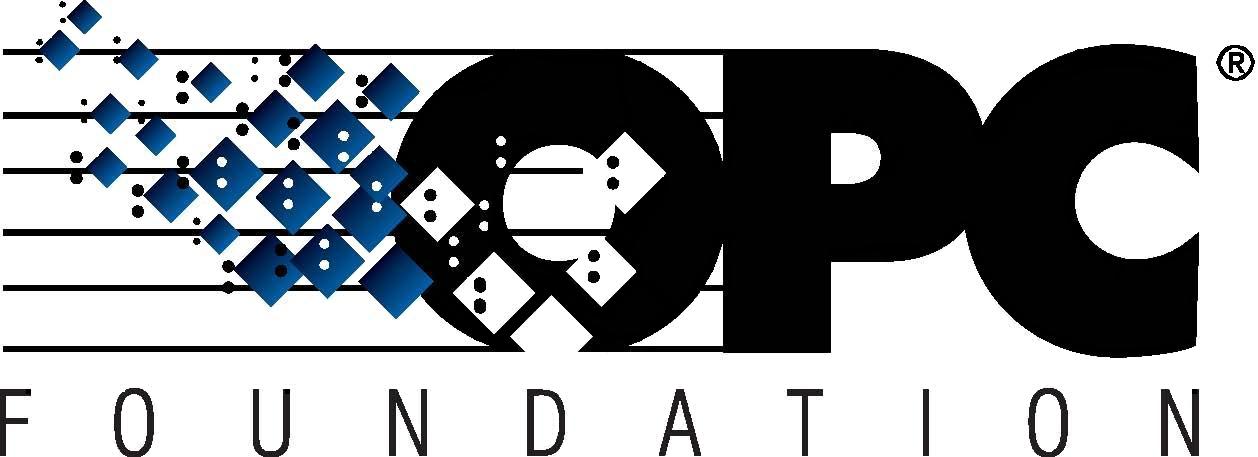 |
OPC UA Local Discovery Server 1.03 |
The LDS utilizes one certificate repository, but features several sub-repositories for the effective management of trusted applications, trusted issuers, and rejected certificates. Each are shown below:
|
Windows File |
Description |
|
<root> |
Folder containing the overall Certificate store, which includes the sub-repositories described in the following rows. |
|
<root>\own |
Root folder that contains the LDS certificate and Private Key. |
|
<root>\own\certs |
Contains the X509 certificates associated with the private keys in the .\private\ directory. |
|
<root>\own\private |
Contains the private keys used by the application. |
|
<root>\trusted |
Root folder containing a list of trusted Certificates; applications granted access to the LDS. |
|
<root>\trusted\certs |
Contains the X509 certificates which are trusted. |
|
<root>\trusted\crl |
Contains the X509 Certificate Revocation List (CRL) for any Certificate Authorities (CAs) in the .\certs\ directory |
|
<root>\issuer |
Root folder containing Certificate issuers (Certificate Authorities). |
|
<root>\issuer\certs |
Contains the X509 Certificate Authority (CA) certificates which are needed for validation. |
|
<root>\issuer\crl |
Folder containing the revocation lists. |
|
<root>\rejected |
Root folder containing a list of rejected certificates; applications that are refused a connection with the LDS. |
|
<root>\rejected\certs |
Contains the X509 certificates which have been rejected. |
Where <root> is C:\ProgramData\OPC Foundation\UA\pki
The LDS always requires a secure connection for UA Servers to register (via the RegisterServer or RegisterServer2 call) so as to be listed by the LDS.
See also: